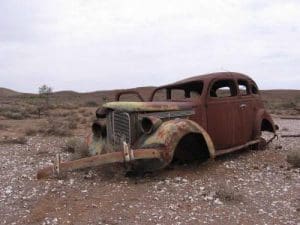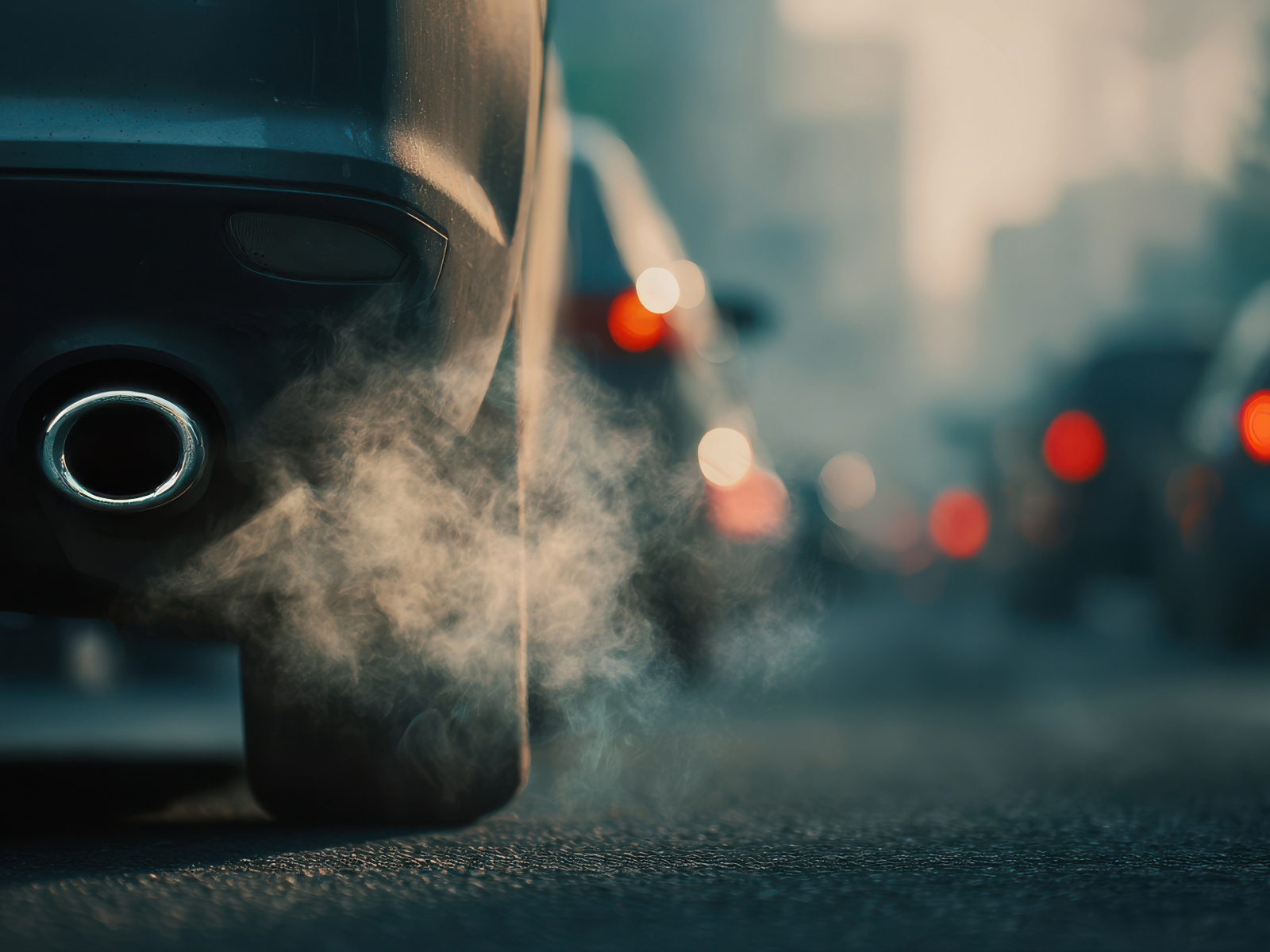In the past weeks, the UK has announced plans to ban the sale of all petrol and diesel cars from the year 2040.
The commitment comes following a similar pledge from France made earlier last month and is part of the governments “Clean Air Plan”. The move hopes to tackle rising public health risks from air pollution which is linked to 40,000 premature deaths a year and deemed the “biggest environmental risk to public health in the UK”.
Michael Gove, the Environment Secretary, has warned that “There is no alternative to embracing new technology”.
What is the ban exactly?
The ban is was announced as part of the ‘The UK Plan for Tackling Roadside Nitrogen Dioxide Concentrations’, a report delivered by The Department for Environment, Food and Rural Affairs (DEFRA) in conjunction with the Department for Transport.
- No new petrol or diesel cars and vans will be sold or registered on our roads as of 2040.
- The ban excludes hybrid vehicles
However, the banning combustion vehicles from our roads is not the only measure being taken. The move puts a heavy emphasis on local authorities to implement their own strategies for reducing NO2 levels and improving air quality in their areas. Ideas suggested are removing speed bumps to improve the efficiency of vehicles and retrofit busses for reduced emissions. An extra £255m has been promised to help see this vision put into action.
Why the ban?
All of these plans and future plans focus on one thing “Tacking Roadside Nitrogen Dioxide Concentrations”. Nitrogen Dioxide is a harmful gas released from the exhaust of diesel and petrol engines. The harmful No2 is linked to a wide range of health issues including, severe respiratory conditions. The roadside levels of these pollutants have been steadily increasing, costing the UK a predicted £2.7b in productivity a year. Not to mention the overall impact that combustions have on the environment.
“Poor air quality is the biggest environmental risk to public health in the UK and this government is determined to take strong action in the shortest time possible,” a government spokesman has claimed. “That is why we are providing councils with new funding to accelerate the development of local plans, as part of an ambitious £3bn programme to clean up dirty air around our roads.”
What happens to cars after 2040?

You will still be able to drive a petrol or diesel car following the ban in 2040. The restriction only affects new cars registered after that date. Cars registered after 2040 will have to be 0 emissions vehicles.
However, there are discussions and calls for fining some of the UK’s most toxic vehicles, similarly to London’s “T-charge” which fines 10,000 of the oldest, most polluting vehicles £10 every day.
The aim of the ban is to give companies, councils, and people an official deadline for which to be prepared. By 2040, car manufacturers should be producing nothing but zero-emissions vehicles for the UK (if they wish to continue selling here, that is) and councils should have installed the necessary infrastructure to handle mass electric charging and people.
Can we handle it?
Since this announcement, debates and talks have flared regarding whether, as a country, we can handle it.
Does the national grid have the ability to handle the increased electrical load required to charge several millions of electric vehicles at the same moment? It’s estimated that the added peak load to the grid will be around 30 gigawatts of power; this is an increase of 50% over the current peak load (61GW). Suggestions are that the UK will become increasingly reliant on imported electricity unless we scale production accordingly. In order for the UK to scale and meet the power requirements, the UK would need to build another 10,000 new wind turbines or 9.6 Nuclear Power stations or 400 Solar Farms of the size we built in Parley. Diversity in energy production is absolutely key of course; you can read more about that here.
What should you do?
The important thing to note is that this, does not affect you at all, for the time being, so don’t panic. However, it should still be on your mind. With the average car owner changing models every 3 years, you’ve got another 7 cars before you need to make a decision. Up until then, pay attention to the electric vehicle (and alternative fuels) market, see how a journey might affect you if you had an electric vehicle.
Currently, there are grants for people purchasing electric vehicles, allowing them to off-set the cost of electric vehicles slightly. It’s not guaranteed that this grant will be around forever – especially not when every new vehicle being purchased is alternative fuel – so you may wish to jump the train before they take that benefit away.
